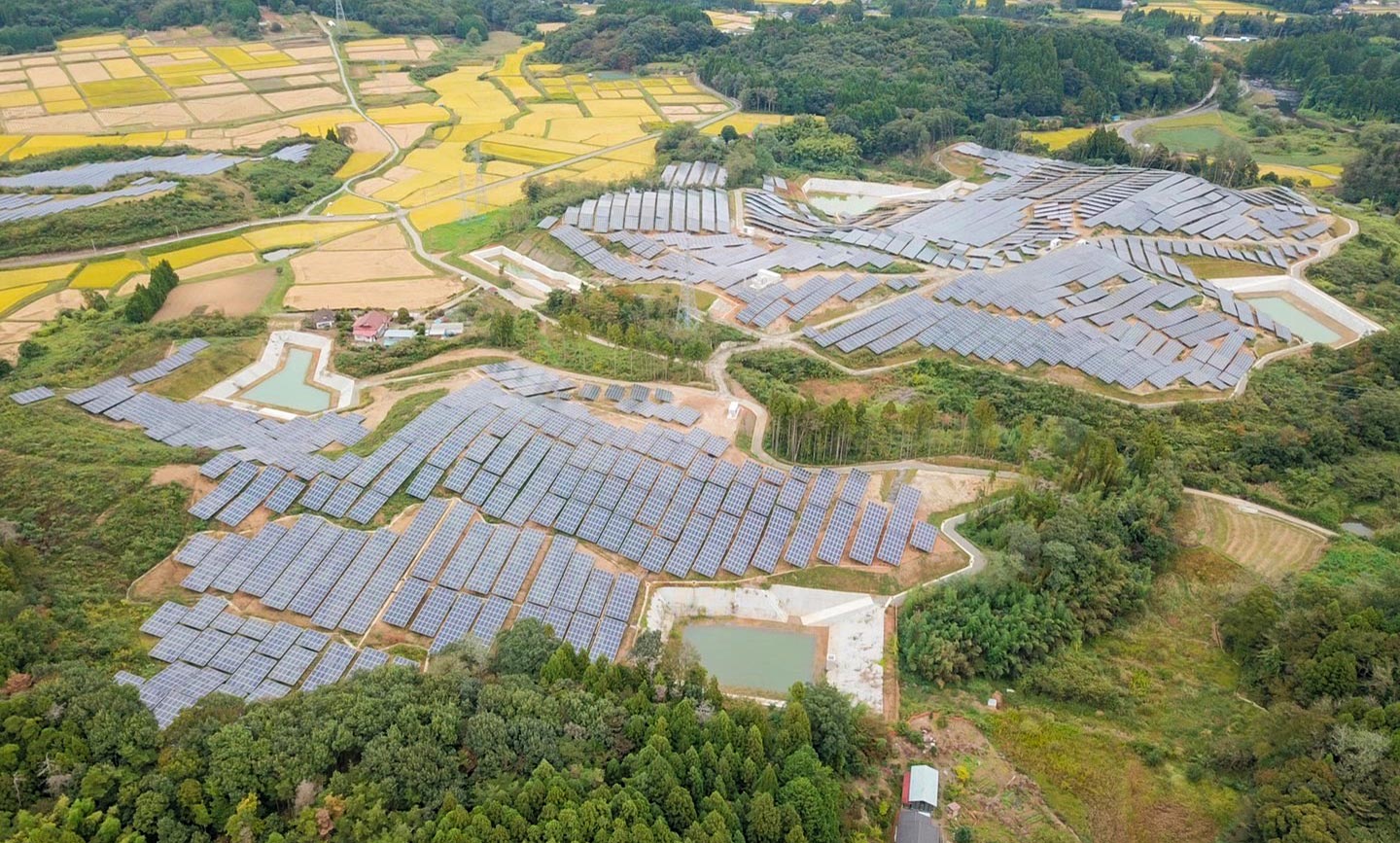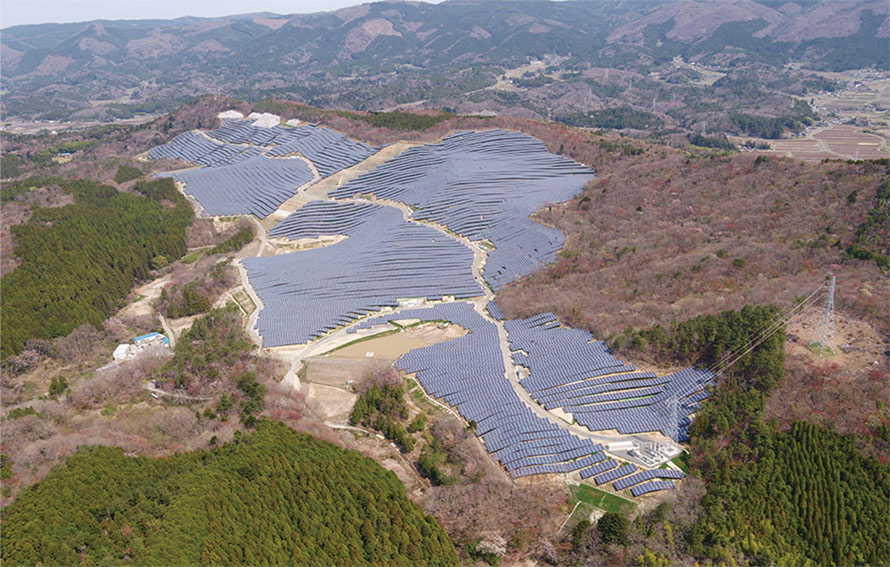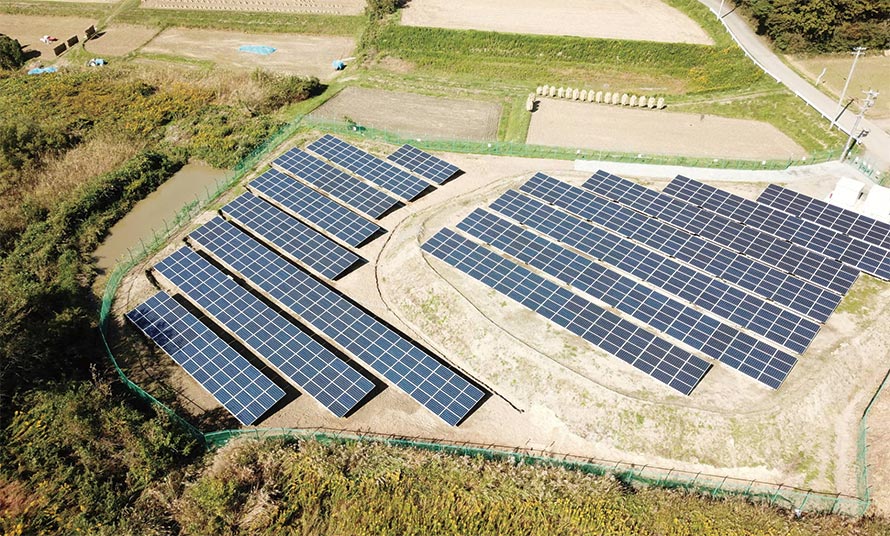How to choose the best solar panel | Sunkean.com
Whether you're installing a DIY solar panel system or shopping for solar panels for your solar farm, you need to choose the best solar panels. A complete solar system includes batteries, inverters and solar panel arrays. Generally, the following criteria can be used to evaluate the quality of solar panels:
- Efficiency
- Warranty
- Durability
- Temperature coefficient

Efficiency
The efficiency rating of a solar panel refers to the amount of captured sunlight it can actually convert into useful energy. Remember that solar panels are only over 20% efficient at their best, and generally speaking, the most efficient solar panels will give you the most energy savings. For example, let's compare two 300-watt solar panels: one is 21% efficient and the other is 17% efficient. Under ideal conditions, both will produce 300 watts of power. However, the more efficient ones will be physically smaller and take up less space than the less efficient ones.
The main determinant of solar panel efficiency is the materials used in the panel. The most efficient material is single crystal silicon. But despite all the advantages, monocrystalline panels are generally the more expensive option.
Polycrystalline panels have a bluer tint and are generally less efficient than monocrystalline panels, meaning more panels are needed to generate the same amount of power. However, they are generally less expensive and may be a cheaper option despite requiring additional panels.
Durability
Solar panels represent a significant investment, and the durability of a solar panel is another indicator of its quality. If you want to choose a product that can be used for a long time. That means you need to buy solar panels that are durable and can withstand harsh weather.
Warranty
An important indicator of overall panel quality is a solid warranty from the manufacturer. Typically, solar panels come with a 25-year warranty, and of course, proper maintenance of solar panels to prolong their lifespan is also important.
Temperature Coefficient
Another important ranking factor is the temperature coefficient. For solar panels, the temperature coefficient refers to how much (or how much) the productivity of the panel decreases when the outside temperature increases. How solar panels work in extreme heat plays a key role in year-round power output.

SUNKEAN provides solar panels of various specifications, using high-quality raw materials, controlling from the source, and strictly testing to ensure that there is no hidden quality risk.
Characteristic:
- ISO9001: 2015 Quality Management system
- ISO14001: 2015 Environmental Management System
- ISO45001: 2018 Occupational Health and Safety Management System
- Higher output power
- Module efficiency up to 21.3%
- Lower temperature coefficient
- Lower LCOE (Levelized Cost Of Energy)
- High Power output leads to lower BOS cost
- Excellent Wind Load 2400Pa&Snow Load 5400Pa Under Certain Installation Method
- Salt Mist Corrosion Protect
- Excellent Potential Induced Degradation Resistance
- Ammonia Resistance

There’s no one-size-fits-all answer to which solar panels are the best. That answer changes based on a variety of factors, like your budget, how much electricity you’d like to generate, the space you have to install the system, and what aesthetic concerns you have. Please contact us for the latest solar panel quotation, thank you!
评论
发表评论